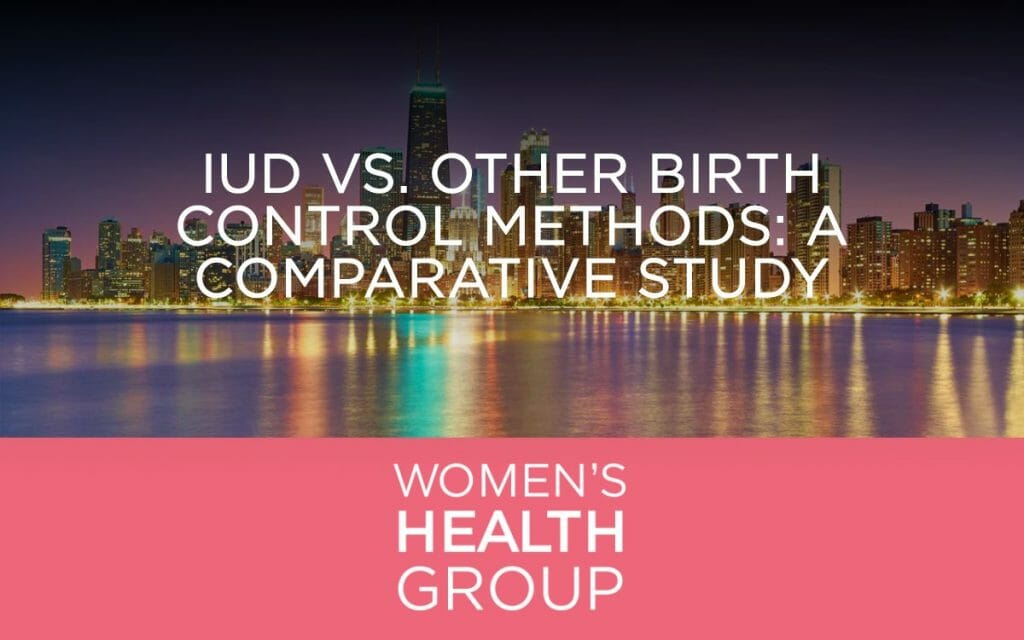Understanding Birth Control Methods: Spotlight on IUDs
Birth control methods are a crucial aspect of women’s health and reproductive management. They give women the power to decide when they desire to get pregnant, and consequently, avoiding unexpected pregnancies. There are numerous types of contraceptives available today, each with its strengths and weaknesses. This article aims to provide an elaborate comparison of one of the most used contraceptives – the Intra-Uterine Device (IUD) – against other birth control methods.
What is an Intra-Uterine Device (IUD)?
An IUD is a small, T-shaped birth control device that’s placed in your uterus to prevent pregnancy. IUDs are one of the most effective birth control methods out there (Mayo Clinic). There are two main types—copper IUDs and hormonal IUDs—all of which have different advantages, side effects, and effectiveness rates.
Advantages of IUDs over Other Birth Control Methods
Unlike oral contraceptives or condoms, once you have an IUD inserted, you don’t need to do anything else to prevent pregnancy. Here are some other benefits of IUDs:
- Long-term use: IUDs can last for anywhere between five and ten years.
- Efficacy: IUDs are over 99% effective, making it one of the most reliable methods of contraception.
- Reversibility: Want to try for a baby? You can have the IUD removed at any point.
- Hassle-free: No daily pill-taking or worry about contraceptive failure.
Key Differences Between IUDs and Other Birth Control Methods
It’s essential to compare the IUD with other birth control options to help you make an informed decision. Let’s take a look at some of the most common alternatives.
IUDs vs Hormonal Contraceptive Pills
Hormonal contraceptive pills are another popular method, preventing pregnancy by regulating hormones. Unlike IUDs that are inserted and can work for years, contraceptive pills should be taken daily. Pills also allow for menstrual control but can come with side effects like mood changes, migraines, and decreased libido.
IUDs vs Condoms
Condoms, although convenient and readily available, are not as effective as IUDs. They offer a two-fold purpose: they prevent pregnancies and protect against sexually transmitted infections (STIs), unlike IUDs. However, they are prone to user error, leading to reduced effectiveness.
IUDs vs Implants
Implants are hormone-releasing devices placed under the skin of your arm. Like an IUD, they are long-lasting, effective, but removal needs to be performed by a healthcare professional. Some women may experience irregular menstrual patterns with an implant, a side effect not common with IUDs.
The Side Effect Factor
An essential factor to consider while choosing a birth control method is the potential side effects. The IUD comes with its own set of side effects like irregular bleeding, discomfort during insertion, or the rare chance of device expulsion. Other methods like hormonal pills have their own unique side effects like nausea and headaches. It’s best to consult with a health care provider to understand what will work best for you in terms of side effect tolerance.
Who Is an Ideal Candidate for IUDs?
IUDs come highly recommended for women who desire long-term, reversible contraception and have no risk of STIs or reproductive tract infections (Women’s Health Gov). It’s also an excellent choice for women who cannot use estrogen-based contraceptives.
Making the Final Decision
When it comes to contraceptive decisions, what works for one person may not work for another. From cost considerations to side effects, effectiveness to convenience, the factors are numerous and varying. The IUD’s high effectiveness and long-lasting nature make it a compelling choice. However, each woman’s unique health situation and needs must be considered.
At Women’s Health Group, we stand ready to provide you with all the information you need to make the best decision. Your journey towards safe and effective birth control is our utmost priority. Remember, the right choice for you is the one that best fits your body, lifestyle, and future plans.
Seeking the Right Guidance
You don’t have to weigh these options on your own. Consulting with a healthcare provider will give you the chance to discuss personal health history, lifestyle, and future family plans. Through these discussions, you and your doctor can decide on the best choice for you. An IUD is only one of the many safe and reliable birth control methods available to women today, but it has unique benefits that give it a competitive edge.
Taking steps to educate yourself on the matter is key. And in terms of educating yourself further on this subject, resources like Mayo Clinic and Women’s Health Gov offer a wealth of valuable insights.
In conclusion, contraception is a very personal choice, one that can have a direct impact on your life. Knowledge is power. The more you are aware of the various options, their pros and cons, the more prepared you will be to make an informed decision. Stay health-conscious, and ensure you make the choice that best suits your body and your life. The power of choice is, indeed, in your hands.




